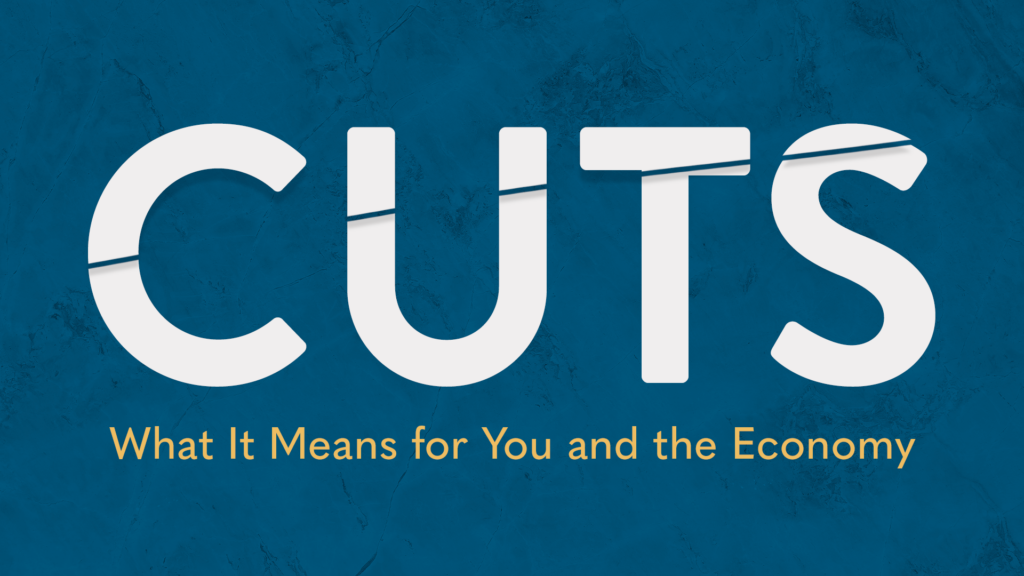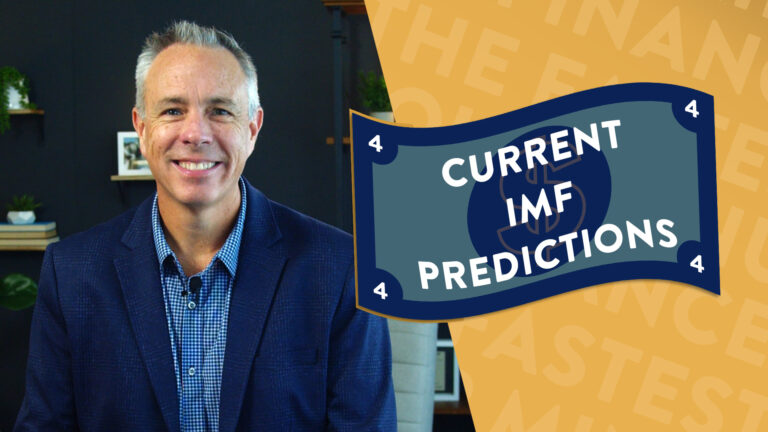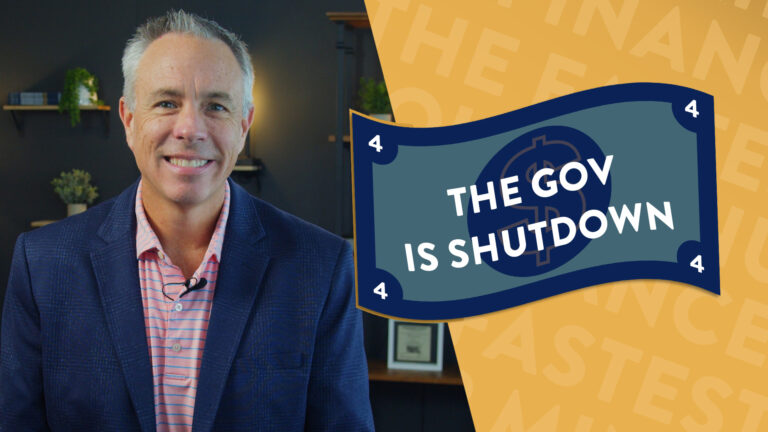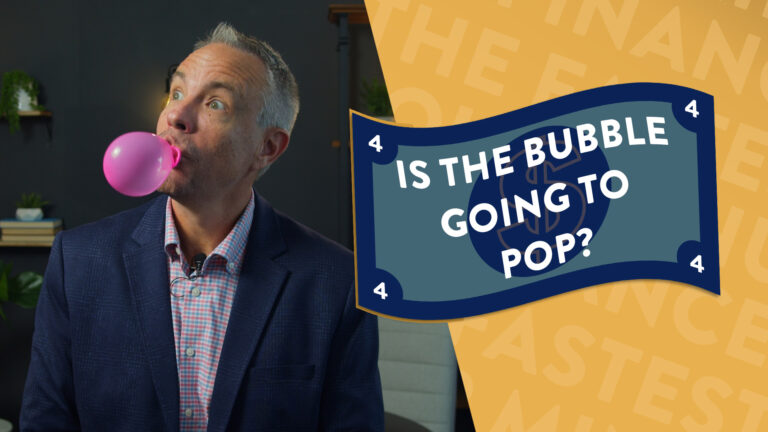The Federal Reserve cut interest rates by a half-point Wednesday afternoon, putting the benchmark rate between 4.75 and 5 percent. You might have questions about what that means for the overall economy and what it means for you specifically. Don’t panic! In a financial climate that is experiencing change, take the time to educate yourself about the impact of interest rate cuts and then talk with your financial advisor about your specific situation.
What Does ‘Cutting Interest Rates’ Mean?
When you hear the phrase “cutting interest rates,” you may not know exactly how that will impact the everyday person. Essentially, the Federal Reserve is reducing borrowing costs. A rate cut is most likely to directly impact short-term borrowing, including:
- Credit cards
- Car loans
- Personal loans
With lower interest rates, an economy typically sees improved cash flow and increased consumer spending, but savings accounts and some investments may seem less attractive. The market is a balancing act, and the Fed makes moves to keep everything from teetering too far one way or the other.
Why Would the Federal Reserve Cut Interest Rates?
Cutting interest rates is a response to economic indicators that show the economy is slowing down. Inflation is cooling, the labor market is tightening but it doesn’t necessarily mean we are entering a recession. It just means the Fed is trying to avoid that by decreasing borrowing costs so consumers and businesses might be more willing to borrow.
A recent-history lesson shows us that the Federal Reserve cut rates in March 2020 at the beginning of the Covid pandemic, and then started raising interest rates in 2021 in response to high inflation. This is the first time in four years the Fed has moved to cut rates.
A so-called “soft landing” is still a possibility. High inflation can be viewed as an economy that is “too hot,” and the Federal Reserve generally doesn’t want the economy too hot or too cold.
What Does This Mean for the Market?
Lowering rates should be good for fixed income or bonds because when rates go down bond prices go up. The concept here is that if you hold a bond that pays 5% and the current bond is only getting 4%, you could sell your bond for a higher price.
The stock market has been anticipating this cut. The Federal Reserve cutting interest rates is a welcomed move, but it’s important to remember that much of it has already been priced in.
At GenWealth Financial Advisors, we believe the stock market is still healthy. This doesn’t mean there won’t be increased volatility in the upcoming months as we get closer to the presidential election, because the market doesn’t like the unknown. No one knows what the market will do, but investing for the long haul instead of making changes based on fear and feelings is a good rule of thumb.
How Does This Impact Me?
The short-term impact of a Fed rate cut is better borrowing power and more cash flow, but you may also have questions about your retirement. This is where having a trusted financial advisor in your corner is invaluable. Talk to your financial advisor — or set up a first-time meeting to get your plan in order — to get a true look at where you are financially.
At the end of the day, having a long-term financial plan is a great step toward having confidence in your own financial independence. With market fluctuations and potential uncertainties, your plan can offer you a steady ship with a clear destination as you make your way through the unpredictable ocean of saving and investing for retirement.
The opinions voiced in this material are for general information only and are not intended to provide specific advice or recommendations for any individual.





